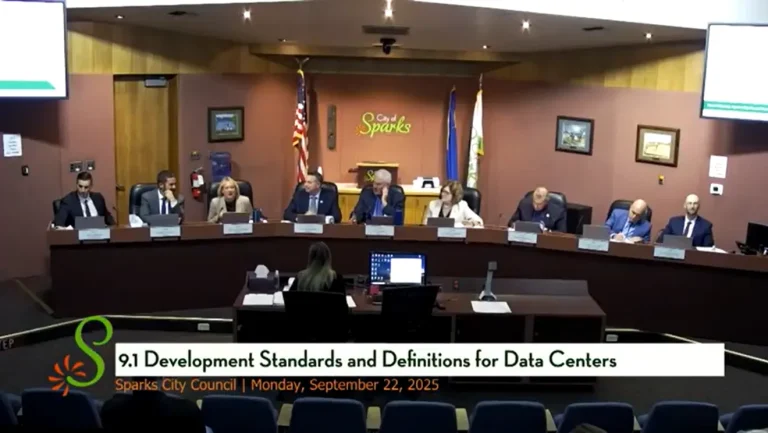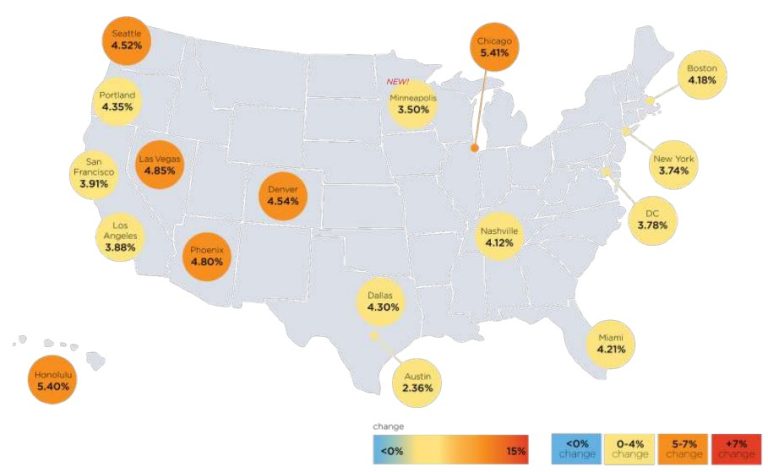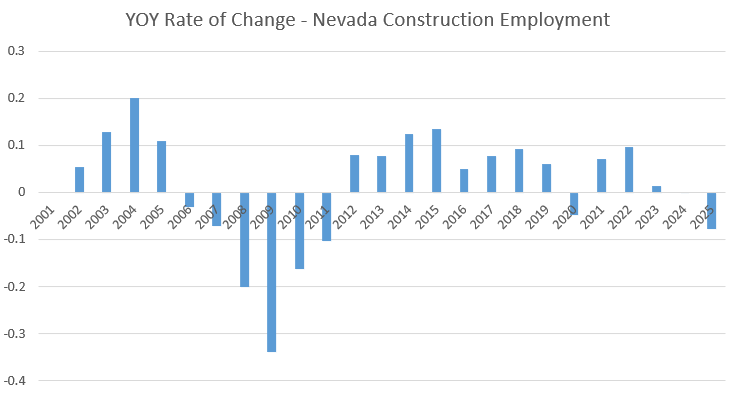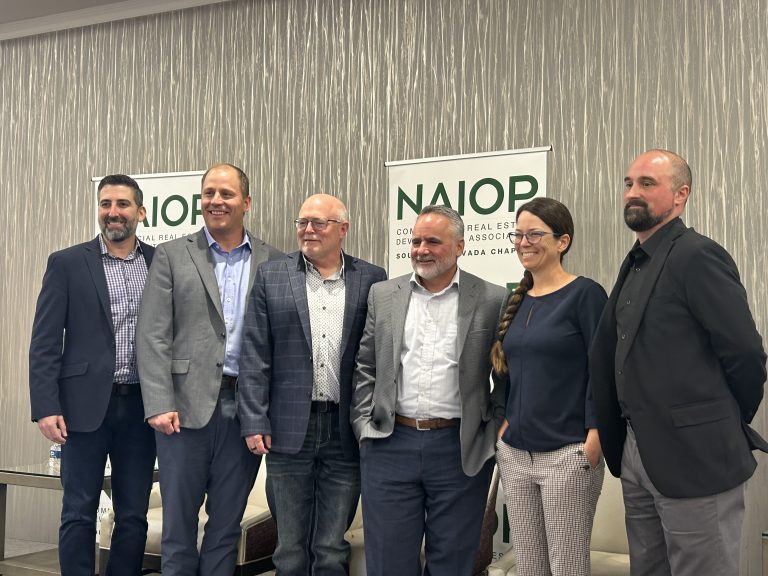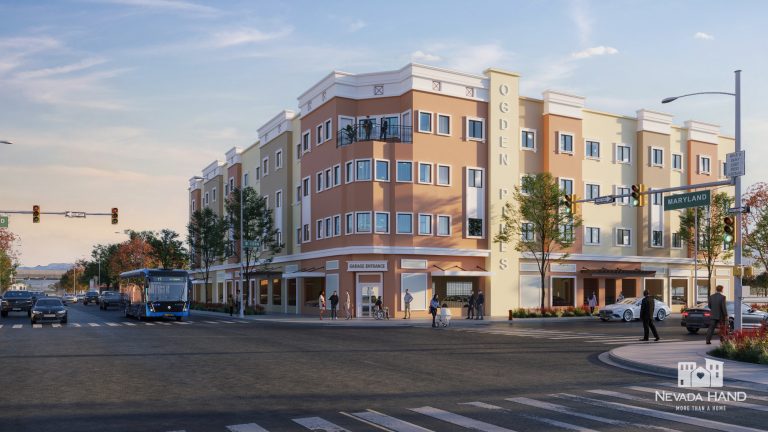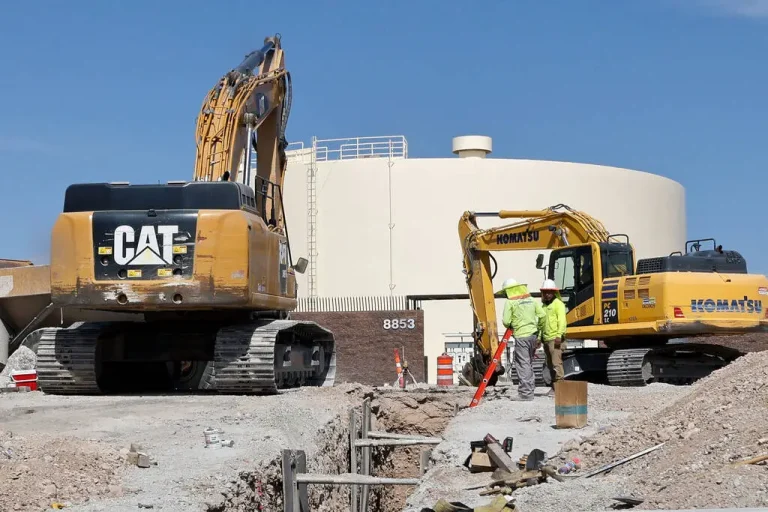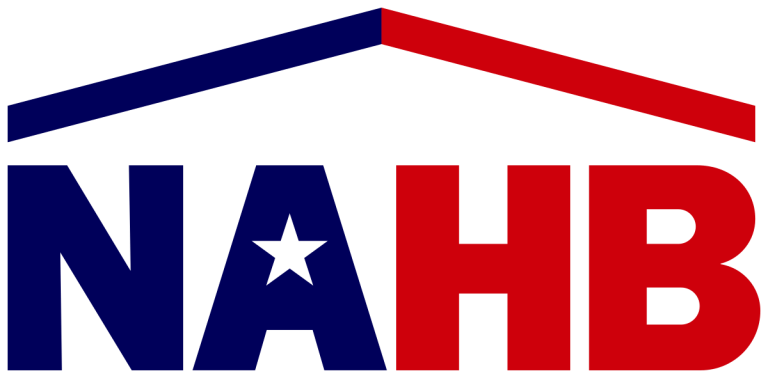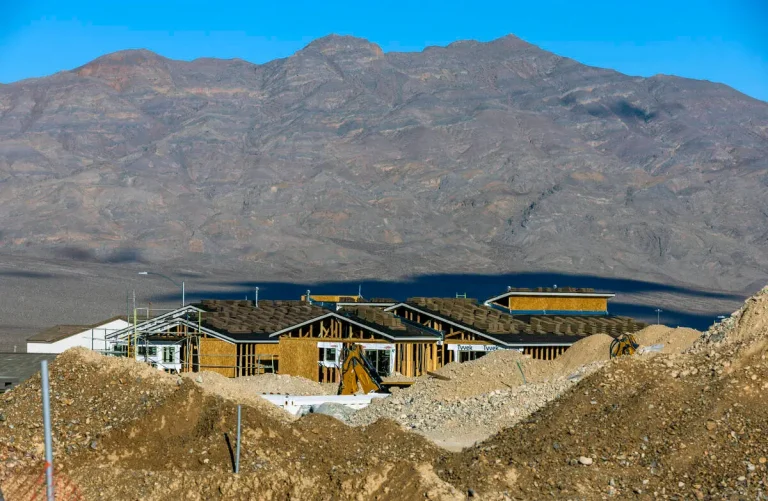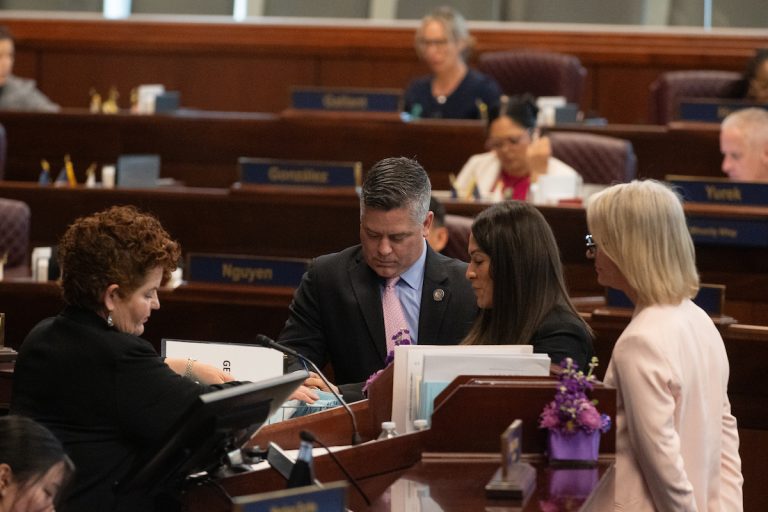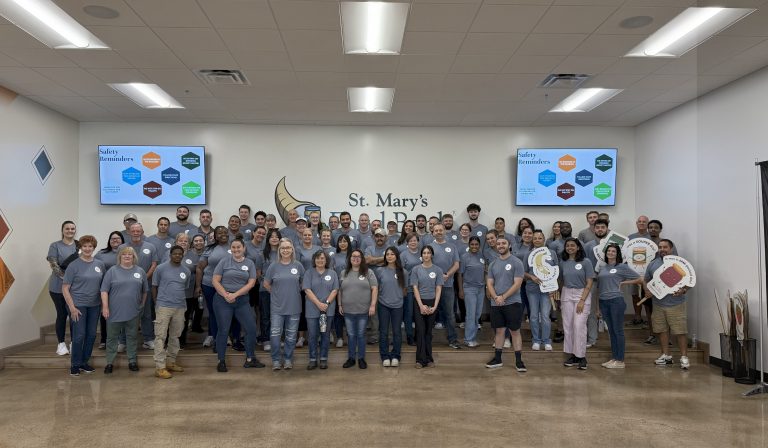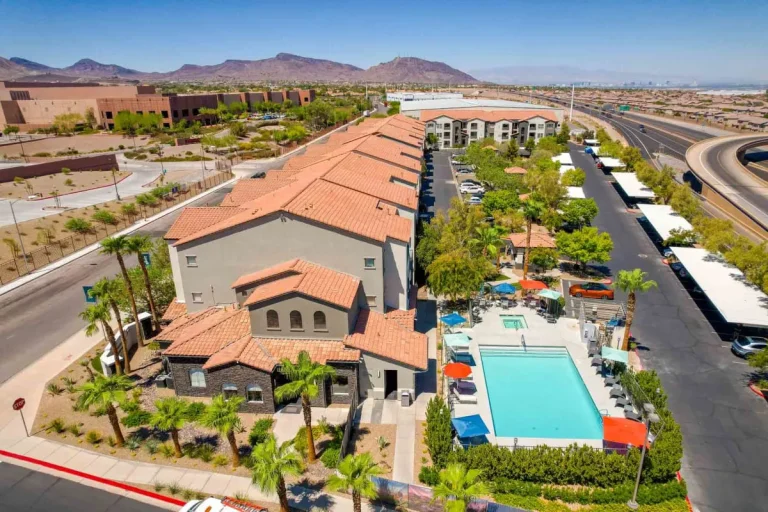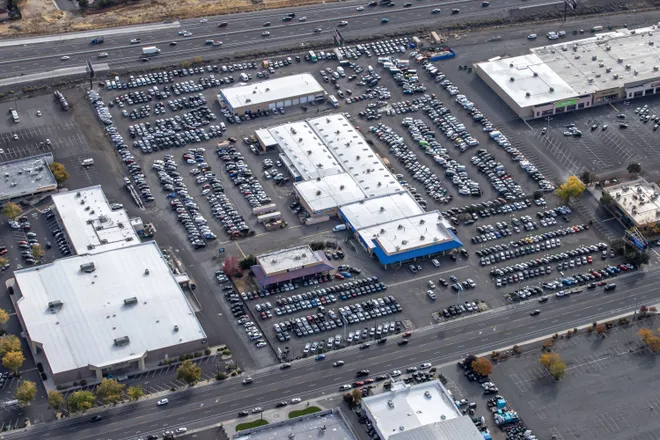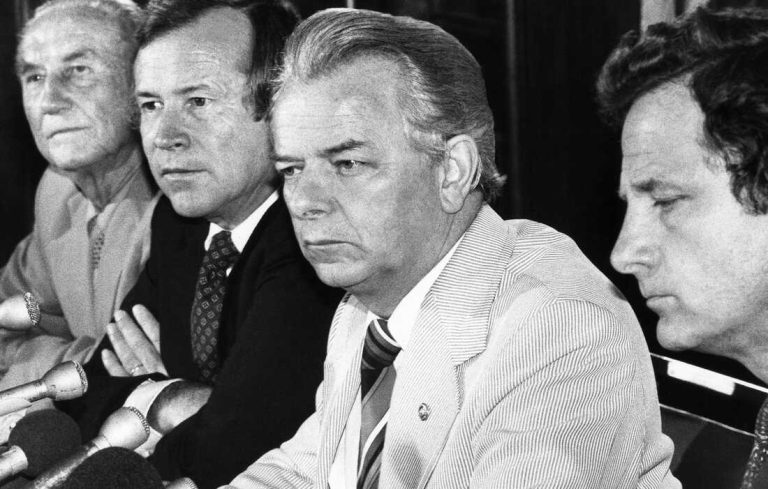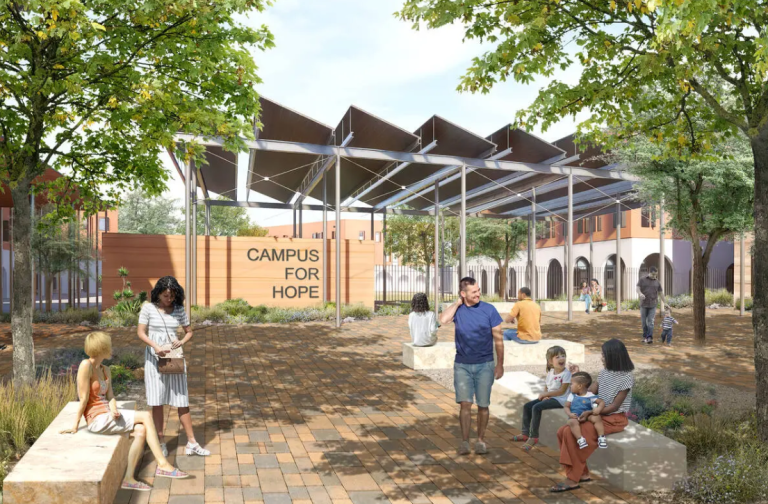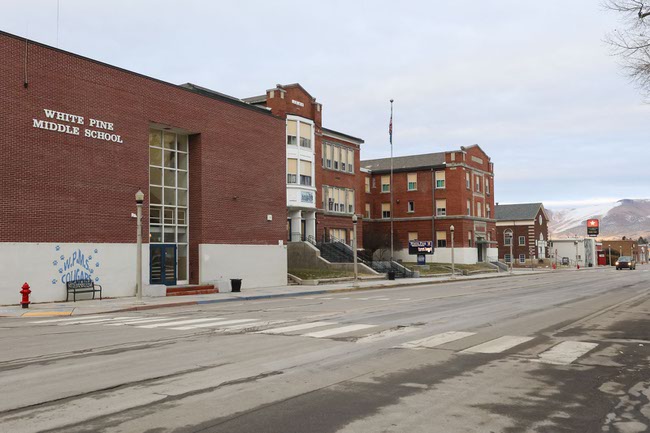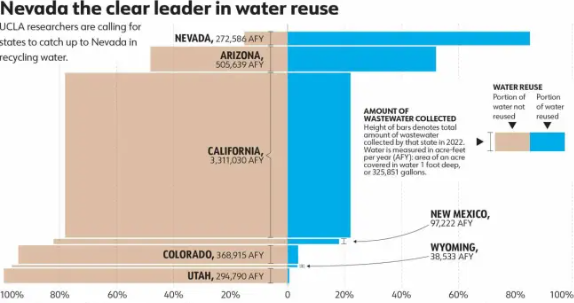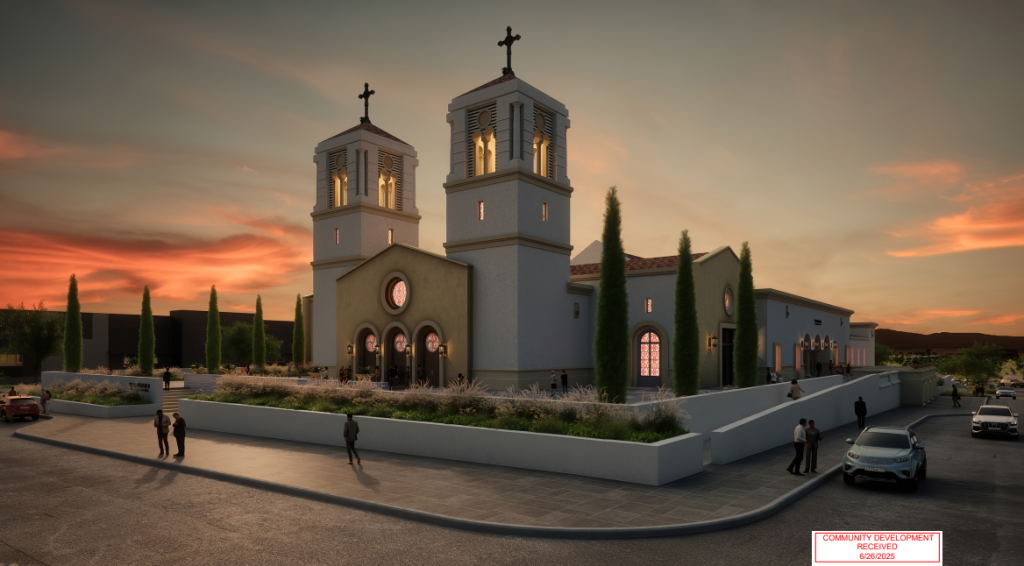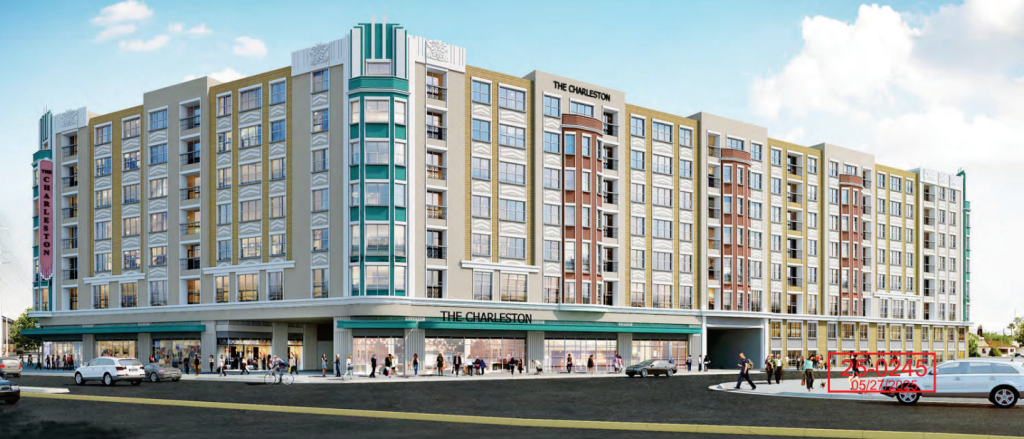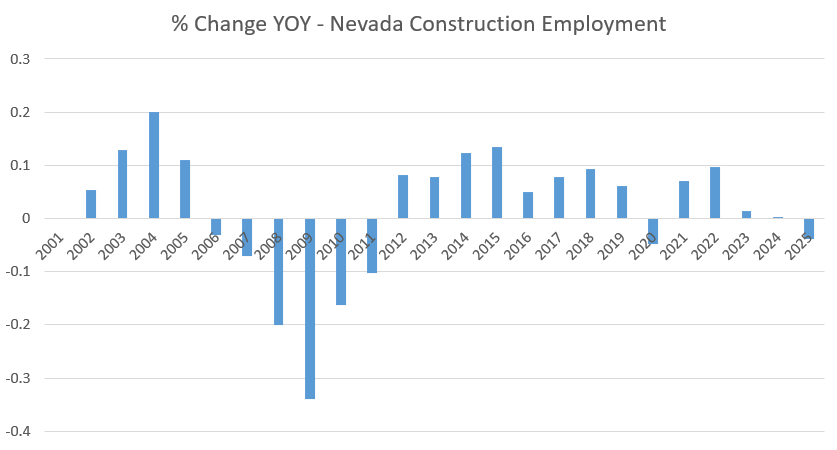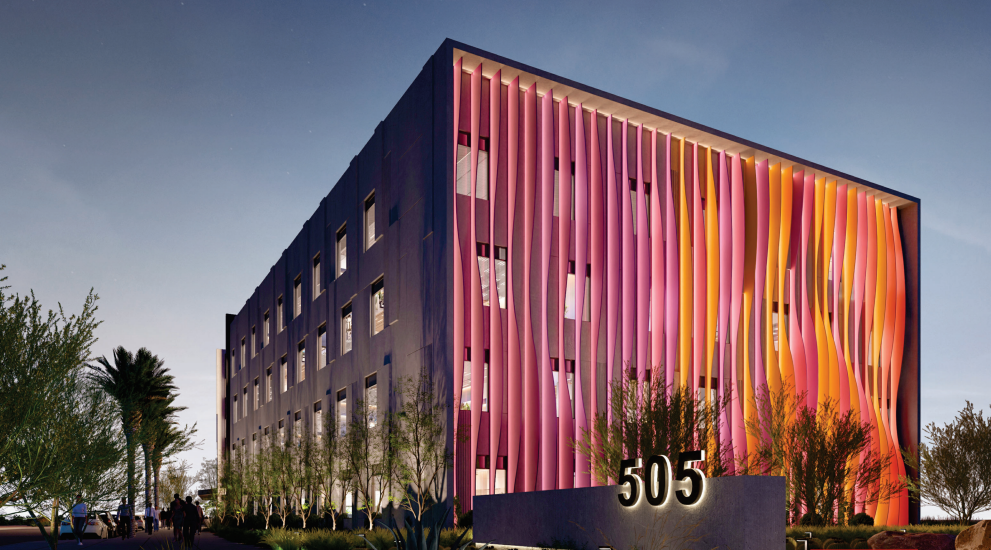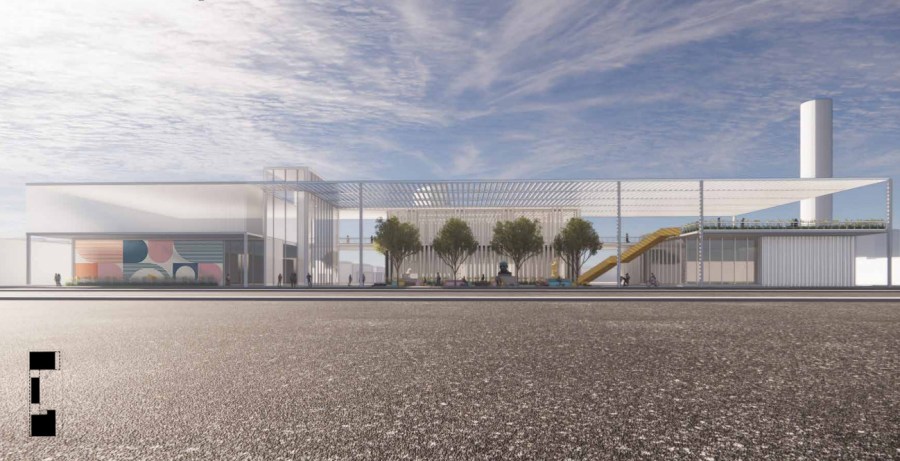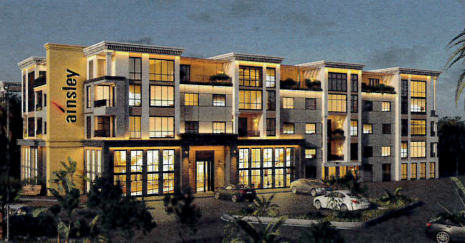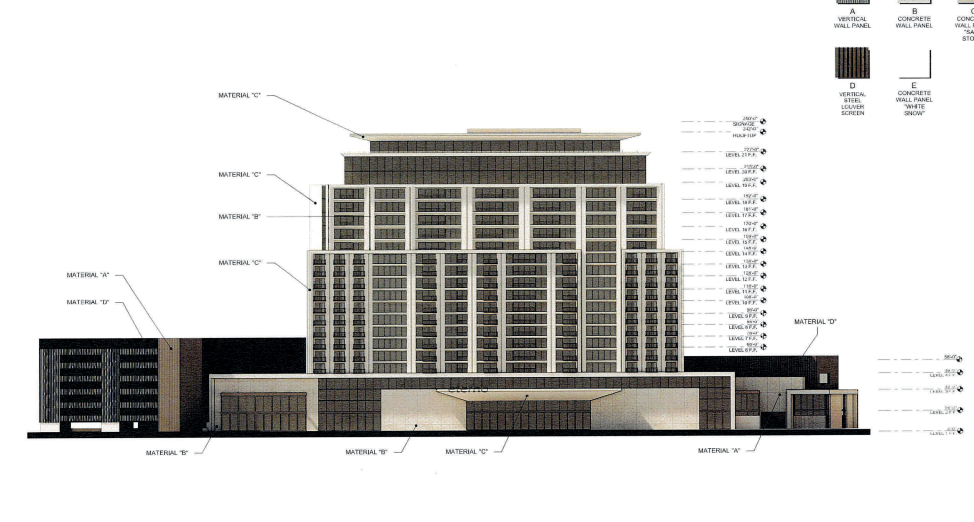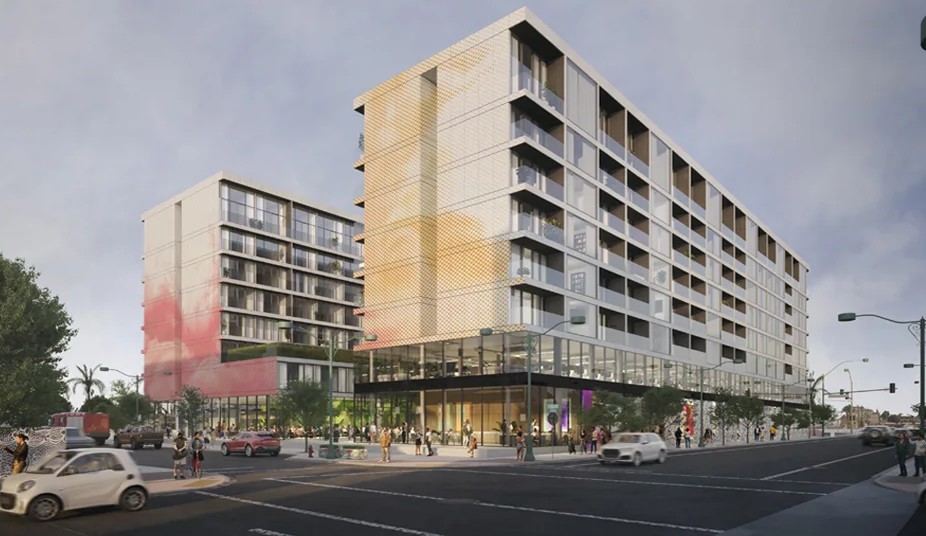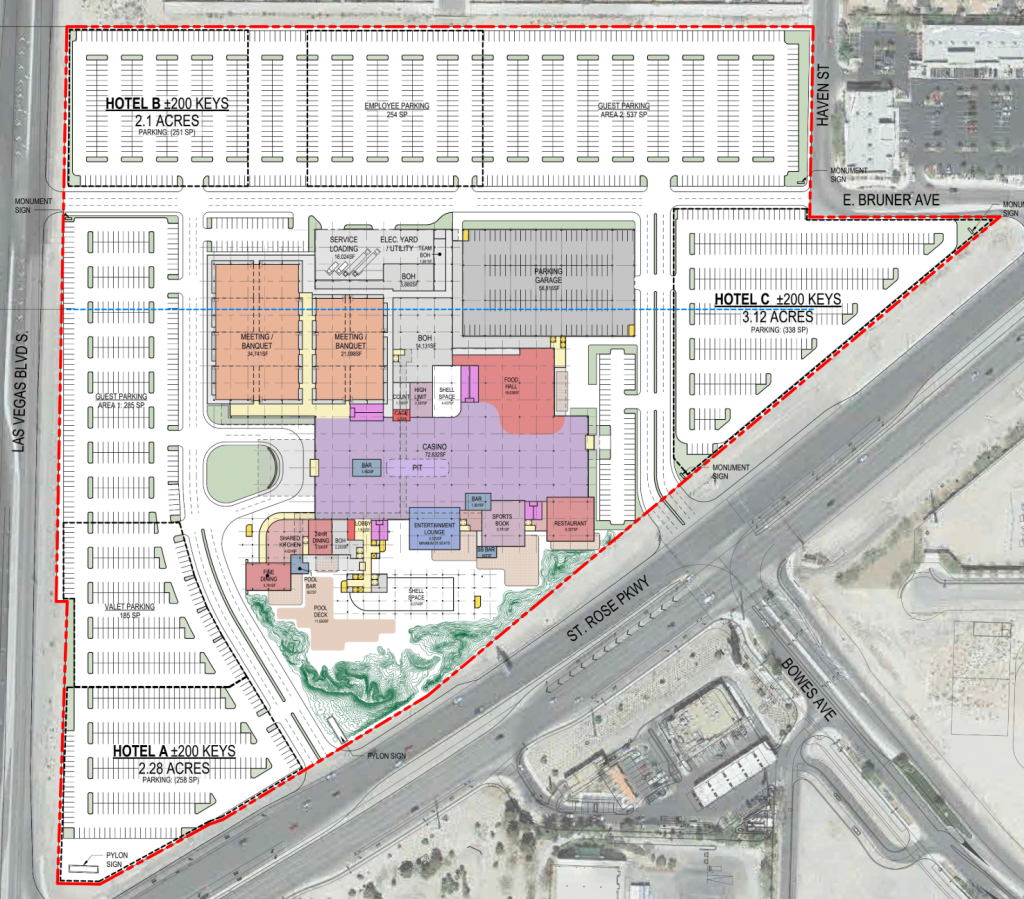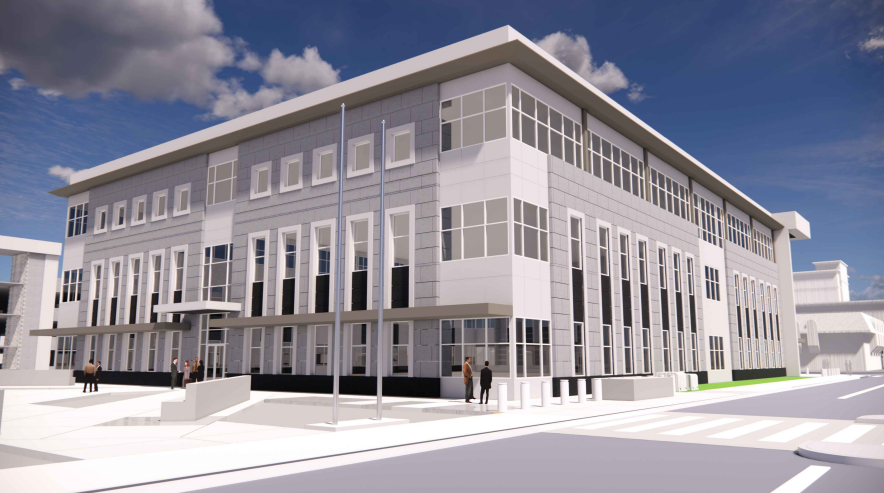Confidence in the market for new multifamily housing increased year-over-year in the second quarter, according to the Multifamily Market Survey released today by the National Association of Home Builders.
The MMS produces two separate indices. The Multifamily Production Index had a reading of 46, up two points year-over-year, while the Multifamily Occupancy Index had a reading of 82, up one point year-over-year.
The MPI measures builder and developer sentiment about current production conditions in the apartment and condo market on a scale of 0 to 100. The index and all its components are scaled so that a number below 50 indicates that more respondents report conditions are poor than report conditions are good.
The MPI is a weighted average of four key market segments: three in the Built-for-Rent market (garden/low-rise, mid/high-rise and subsidized) and one in the Built-for-Sale (or condominium) market. The component measuring garden/low-rise dropped three points to 50, the component measuring mid/high-rise units increased seven points to 36, the component measuring subsidized units jumped 10 points to 61 and the component measuring built-for-sale units posted a three-point decline to 35.
The MOI measures the multifamily housing industry’s perception of occupancies in existing apartments on a scale of 0 to 100. The index and all its components are scaled so that a number above 50 indicates more respondents report that occupancy is good than report it is poor. The reading of 82 indicates existing apartment owners are positive about occupancy.
The MOI is a weighted average of three Built-for-Rent market segments (garden/low-rise, mid/high-rise and subsidized). All three components remain solidly in positive territory above 50: the component measuring garden/low-rise units increased two points to 84, the component measuring mid/high-rise units fell three points to 73 and the component measuring subsidized units rose five points to 90.
”Multifamily developer confidence and sentiment are showing slight signs of improvement when compared to this time last year,” said Debra Guerrero, senior VP of strategic partnerships and government affairs at The NRP Group in San Antonio and chairman of NAHB’s Multifamily Council. “High interest rates, rising construction costs, limited land availability and restrictive local regulations are still significant issues in certain parts of the country. But confidence in subsidized affordable housing has shown considerable improvement in this survey, due in part to optimism surrounding the expansion of federal affordable housing resources flowing from the recent congressional reconciliation bill.”
The MMS was re-designed in 2023 to produce results that are easier to interpret and consistent with the proven format of other NAHB industry sentiment surveys. Until there are enough data to seasonally adjust the series, changes in the MMS indices should only be evaluated on a year-over-year basis. (Source)






